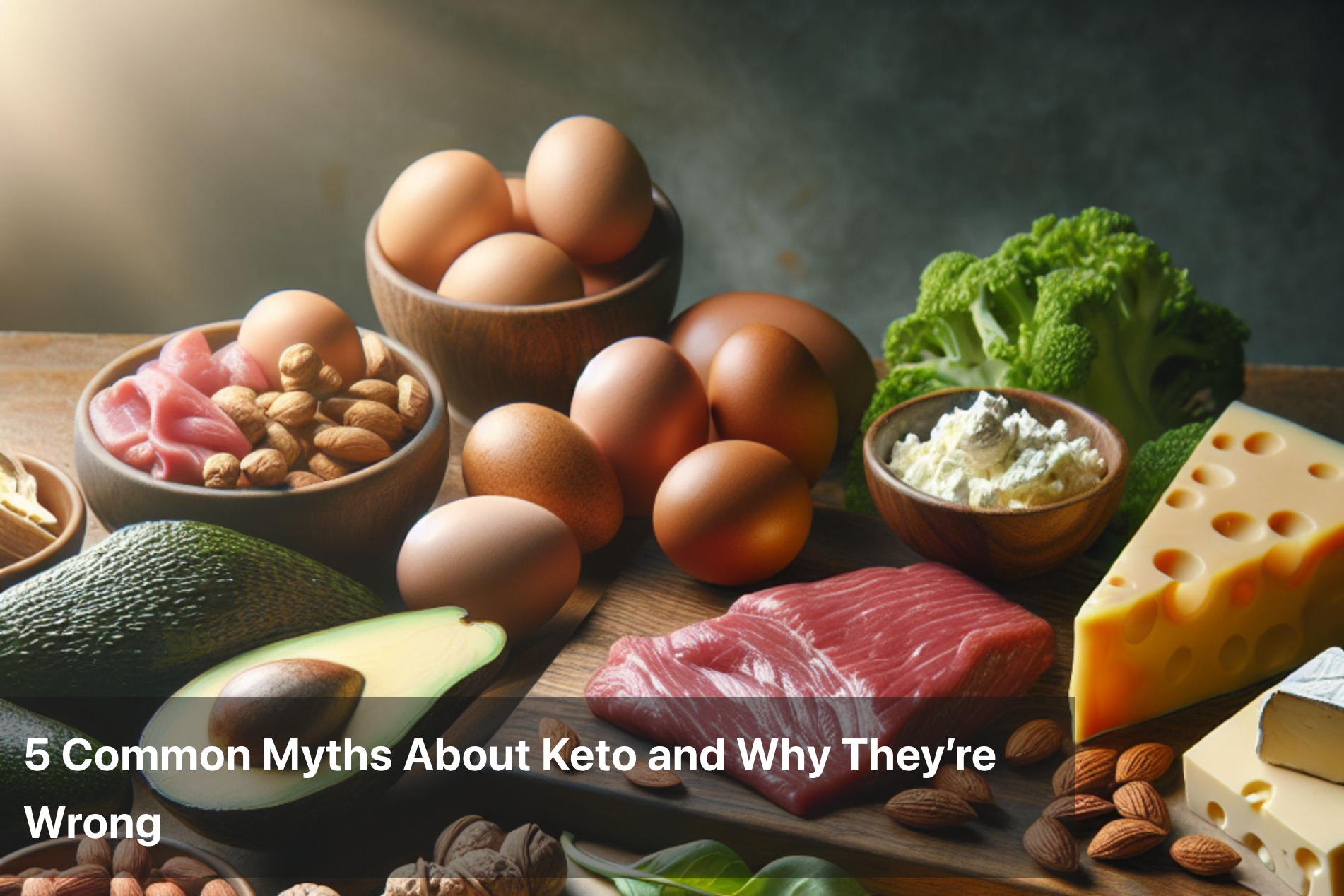
5 Common Myths About Keto and Why They’re Wrong
The ketogenic diet has gained popularity for its effectiveness in weight loss, improved energy levels, and better blood sugar control. Despite its benefits, many misconceptions about keto persist, often discouraging people from trying or sticking to it. These myths stem from outdated nutritional beliefs, misunderstandings, and misinformation.
Debunking these myths is essential to understanding how the ketogenic diet truly works. Scientific studies, real-life experiences, and clinical trials have proven many of these misconceptions wrong. Here are five of the most common keto myths and the facts that dispel them.

Myth 1: The Keto Diet Is Just Another Fad Diet
Why People Believe It
Many diets gain popularity for a short time before fading away. Since keto has recently surged in popularity, some assume it is just another passing trend.
The Truth
Unlike many fad diets, keto is backed by decades of research. Originally developed in the 1920s to treat epilepsy, it has since been studied for its effects on weight loss, diabetes, heart health, and even neurological disorders.
A study published in the New England Journal of Medicine found that a low-carb, high-fat diet led to significant weight loss and improved metabolic markers compared to low-fat diets.
Research from the American Journal of Clinical Nutrition highlights that keto is more effective than calorie-restrictive diets in promoting long-term weight management.
The ketogenic diet is not a trend but a science-backed approach to metabolic health.
Myth 2: Keto Causes Dangerous Fat Consumption
Why People Believe It
Keto promotes high fat intake, leading many to believe it increases cholesterol levels and causes heart disease.
The Truth
Not all fats are created equal. The keto diet emphasizes healthy fats such as avocados, olive oil, nuts, and fatty fish while minimizing trans fats and highly processed oils.
A study in the Journal of the American College of Cardiology found that healthy fats like monounsaturated and polyunsaturated fats actually improve heart health and reduce inflammation.
Research in the British Medical Journal demonstrated that low-carb, high-fat diets increase HDL ("good" cholesterol) and decrease triglycerides, improving overall heart health.
Eating fat does not automatically make a person fat or unhealthy. Instead, it provides sustained energy and promotes fat-burning.
Myth 3: The Keto Diet Lacks Nutrients and Is Not Sustainable
Why People Believe It
Because keto eliminates many carbohydrate-rich foods like fruits, grains, and some vegetables, many assume it lacks essential nutrients.
The Truth
A well-planned keto diet includes nutrient-dense foods like leafy greens, nuts, seeds, fish, eggs, and healthy oils. It is entirely possible to get all essential vitamins and minerals while staying in ketosis.
Leafy greens (spinach, kale, broccoli) provide fiber, vitamins A, C, and K, as well as magnesium and potassium.
Nuts and seeds are rich in zinc, omega-3 fatty acids, and antioxidants.
Fatty fish (salmon, mackerel, sardines) offer high amounts of omega-3s and vitamin D.
Sustainability depends on proper meal planning and variety. Many long-term keto followers enjoy a balanced and fulfilling diet with plenty of nutrients.
Myth 4: Keto Only Works for Weight Loss and Has No Other Benefits
Why People Believe It
Most discussions about keto focus on its weight loss effects, leading many to think it has no additional health benefits.
The Truth
Keto does far more than just burn fat. It improves multiple aspects of health, including:
Blood Sugar Control: A study in Diabetes Therapy found that keto significantly reduced blood sugar and insulin resistance in type 2 diabetes patients.
Cognitive Function: Research from Frontiers in Neuroscience suggests that ketones provide an efficient energy source for the brain, reducing inflammation and potentially lowering the risk of Alzheimer’s disease.
Improved Energy Levels: The body efficiently burns fat for fuel, leading to sustained energy without blood sugar crashes.
Better Appetite Regulation: The ketogenic diet naturally reduces hunger hormones, making it easier to eat intuitively.
A case study at Duke University Medical Center showed that patients on a ketogenic diet experienced reduced inflammation, lower triglycerides, and improved mental clarity beyond just weight loss.
Myth 5: Keto Causes Muscle Loss and Weakness

Why People Believe It
Many believe that restricting carbohydrates leads to muscle loss because glucose is often associated with muscle function.
The Truth
Keto does not inherently cause muscle loss. Instead, it helps preserve muscle mass when combined with adequate protein intake and strength training.
A study in the Journal of Strength and Conditioning Research found that individuals on a ketogenic diet maintained muscle mass while improving fat loss.
Ketones have a muscle-preserving effect, especially beta-hydroxybutyrate (BHB), which prevents muscle protein breakdown.
Consuming adequate protein (0.6 - 1.0 grams per pound of lean body mass) ensures that muscles receive the amino acids they need for repair and growth.
Athletes and bodybuilders successfully use keto while maintaining or even increasing muscle mass by optimizing protein intake and resistance training.
Summary
The ketogenic diet is surrounded by misconceptions that often discourage people from trying it. However, scientific research and real-world evidence prove many of these myths wrong.
Understanding the truth behind these common myths allows individuals to make informed choices about their diet. The ketogenic lifestyle offers a sustainable and effective way to improve metabolic health, energy levels, and overall well-being.
FAQs
Is the keto diet safe for long-term use?
Yes, research shows that a well-balanced ketogenic diet can be safely followed long-term, provided it includes nutrient-dense foods and adequate hydration. Regular medical checkups can help ensure optimal health.Does eating fat on keto lead to heart disease?
No, studies confirm that healthy fats like avocados, olive oil, and nuts improve heart health by raising HDL (good cholesterol) and lowering triglycerides, reducing the risk of cardiovascular disease.Will keto cause nutrient deficiencies?
Not if properly planned—keto includes nutrient-rich foods like leafy greens, nuts, seeds, fish, and dairy, ensuring essential vitamins and minerals are met. Supplements can help if needed.
This Blog post is an initiative by Lo! Foods, to provide accurate and Nutritionist / Doctor approved information related to Health. Lo! Foods is India's leading brand for Everyday Functional Foods. Foods designed for specific Health conditions or Needs. Lo! Foods also runs India's largest range of Low Carb Healthy Cloud Kitchens, under the brand names of Lo!, ProteinChef, ATH (All Things Healthy) and DiabeSmart.









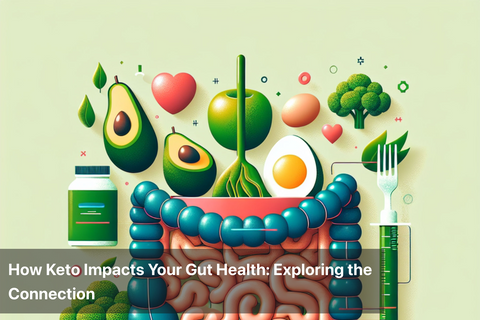
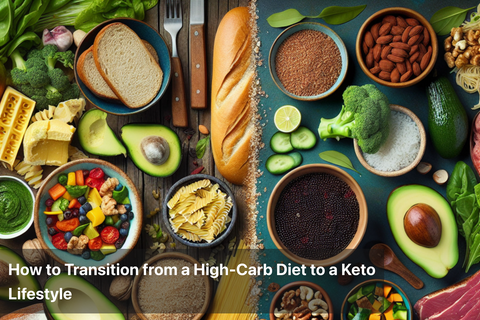
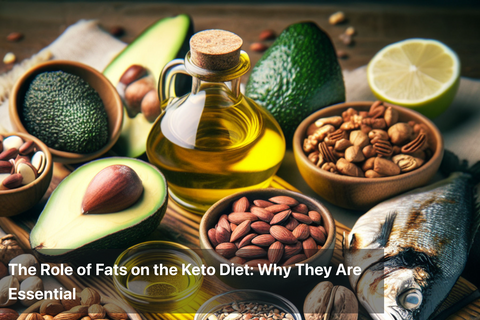
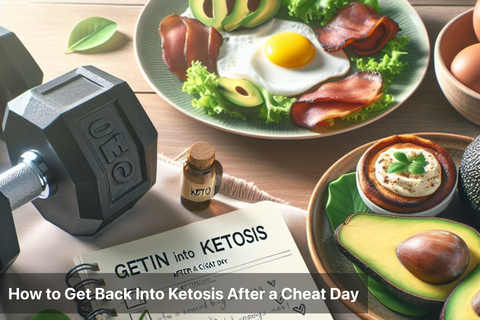
Leave a comment
Your email address will not be published.